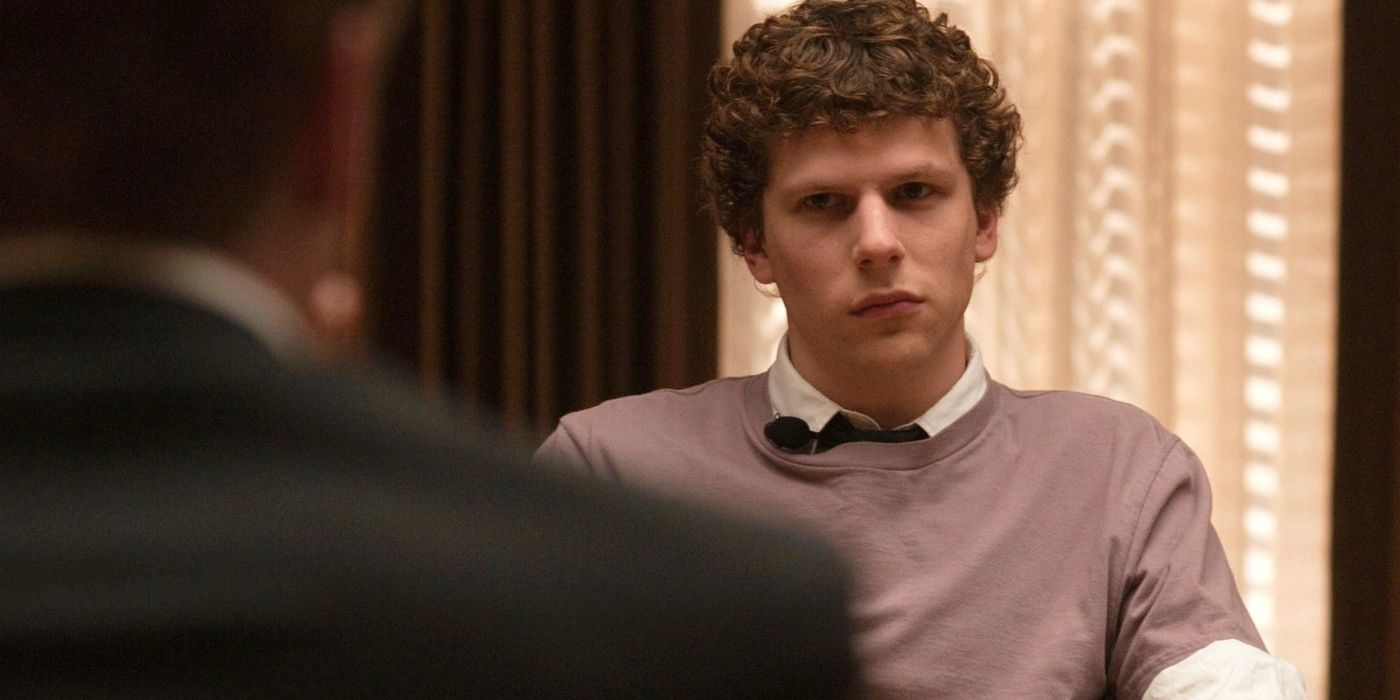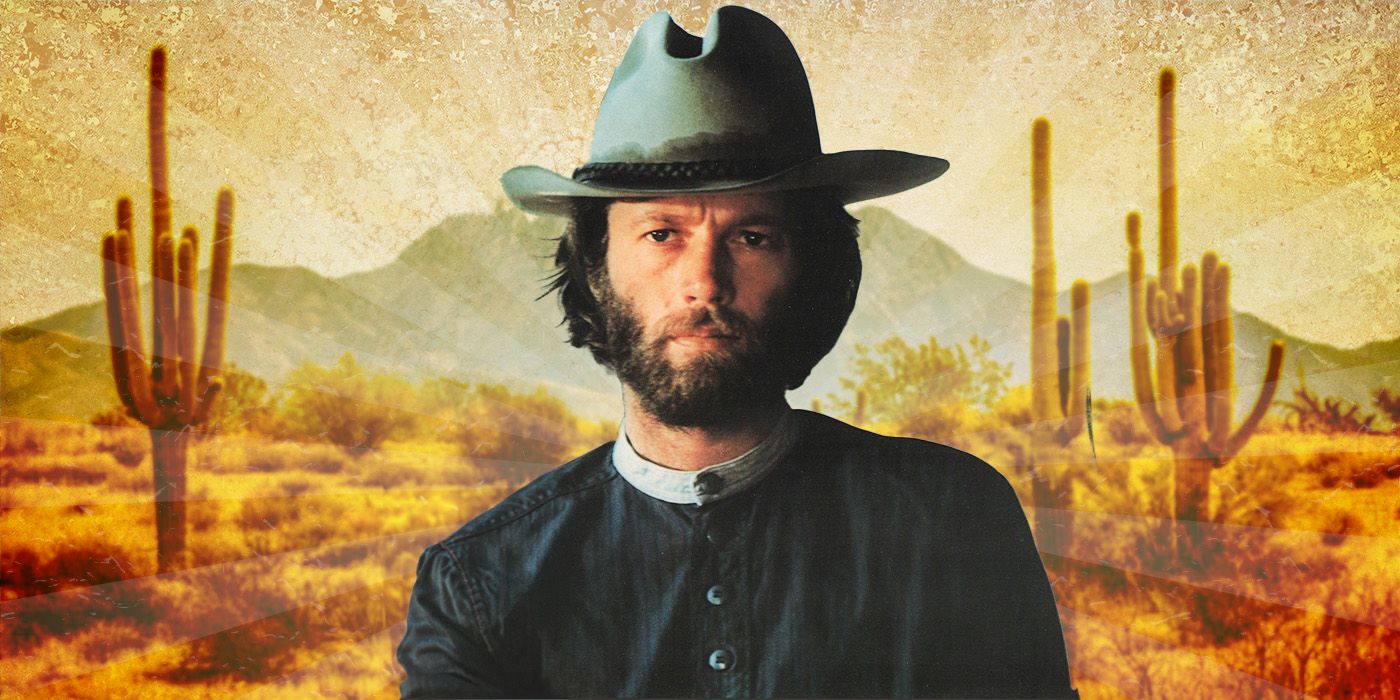The Big Picture
- The “based on a true story” genre often exploits real-life stories, as seen in films like The Blind Side and Stillwater.
- Many of these films lack care and consideration for the subject matter, reducing complex stories to simple versions that appeal to certain genres.
- However, films like Dog Day Afternoon and The Social Network demonstrate that true stories can be told respectfully and effectively, exploring deeper themes and societal issues. Care and meaning are crucial in creating impactful true story films.
The recent revelations concerning the real life story behind The Blind Side are another in a long history of the exploitative nature inherent to the “based on a true story” genre. This is seemingly a never-ending problem. The Blind Side is both a film that is extremely trite, and as we now know, furthers a story that simply was not true. Stillwater, a film that is essentially the movie adaptation of the Amanda Knox case, was blasted by Knox herself. The issue is very clear here. To take someone’s real life story, and blow it up to the big screen is a very tricky rope to walk. Ideally, you would think putting someone’s life on the big screen would be for a good intention, whether that is education, inspiration, or because they’re a downright fascinating person. Through watching “real life” on the big screen, we learn about something greater than a single story. Yet, at the exact same time, we are experiencing an era of film where so many people in a position of power at the studios care about nothing but maximizing profit and exposure. How can we balance this? Is there a way to make these films that doesn’t just exploit real life for the sake of a so-so movie?
‘The Blind Side’ Is Just One Example of a True Story Gone Wrong
To start, you have to examine what isn’t working, and there are many examples to look at, The Blind Side being the most recent one. The real life story of Super Bowl champion Michael Oher is certainly an interesting one, but he is claiming he made no money off of an Oscar winning movie that was all about him, while the family that adopted him in the film makes money on it to this day. This is the most pressing issue with the genre right now, but there is a long history of controversial adaptations of real life.
Netflix’s Dahmer was blasted by many for dramatizing the mind of a brutal serial killer, while it claimed to be for the victims. The through line with many of these films and shows is simple. The people involved don’t really care about the story they’re telling beyond the surface level of it all. These very complex stories are reduced to the simplest possible version to serve whatever genre they can be adapted into. For The Blind Side, its forcing Oher’s life into a sports drama without ever examining it too deeply. Dahmer is just another true-crime show. The level of care and consideration needed to properly make these stories are not there, and they suffer immensely for it.
‘Dog Day Afternoon’ and ‘The Social Network’ Do True Stories Right
Meanwhile, there are a variety of films that are based on true stories that are not only great films, but take those real life stories and do them justice, and use them to talk about something even greater. Let’s focus on a few. First, we have Sidney Lumet’s Dog Day Afternoon. A legendary film, it follows the real life story of John Wojtowicz, and the bank robbery he committed to fund the gender reassignment surgery of his wife. To put things in perspective, this occurred in 1972, and the film was made three years later in 1975. The odds are against this film being even remotely respectful of the subject at hand. Yet it is, because it was made with care and consideration by everyone from Lumet, to its star Al Pacino. Lumet took the real life story, dramatized it, and gave it the respect it deserved, while also making an incredible, anxiety producing film that encapsulates the 70s in a way nothing else ever has. This could have very easily been a film that revels in making a joke out of Pacino’s character, but instead it gives him the respect he deserves as a person. In a time when America was collapsing in on itself, and people were questioning the very structures of the country, Dog Day Afternoon reflected that, and that is why this story was worth telling, and telling correctly.
Next, we have David Fincher‘s The Social Network, a film that tells the real life story of Facebook founder Mark Zuckerberg. Rather than using it as an inspirational tale, Fincher uses Zuckerberg’s life as a means to examine the corrosive nature of industry, and the encroachment of social media into every corner of the world. Really a legal thriller more than anything, Fincher analyzes how the inception of Facebook was not as easy as they would want you to think, and that Zuckerberg’s origin story was more than just Harvard dropout with a great idea. Shot and cut beautifully to a Trent Reznor and Atticus Ross score, The Social Network is a premier example of a true story turned Hollywood blockbuster.
Fincher may actually be one of the best modern true story filmmakers, between The Social Network, and Zodiac, another fantastic film based on real life. He is not really concerned with the stories themselves, rather what can be found in telling them. You know what Facebook is, you know what the Zodiac murders are, what does that mean when you are seeing history unfold in front of your eyes? Seeing it formed, shaped, and passed on to the future on the big screen? He isn’t telling them for any other reason, he didn’t make a Facebook movie because everyone uses it, but because its origins and the implications they have on the product itself must be investigated. A major step forward in the way true stories are shown on screen, and a model for every filmmaker going forward.
We are always going to have true stories in our cinema. To be frank, they’re a big draw, and real life will keep producing stories every second that will be snapped up by producers to be the next big movie. Instead of getting rid of them, or decrying them as exploitation and nothing else, filmmakers should focus on why they want to tell stories. What does the audience get out of seeing it beyond just seeing something they heard on the news get turned into a movie? Is it commenting on anything? Does it explore something bigger, like why we care about this story at all? Does it explore the context that allowed this to happen? If it isn’t doing that, then it really is getting close to exploitation quite frankly. Michael Oher’s unfortunate situation is just another one in a long line of people that got screwed over by Hollywood. But, that doesn’t have to be the case, and that must be kept in mind. These films can be exploitative, but they can also be uplifting, fascinating, and some of the best films ever made quite frankly, they just have to be made with care. The care and the meaning are what’s missing, and that is what we need to see again.





